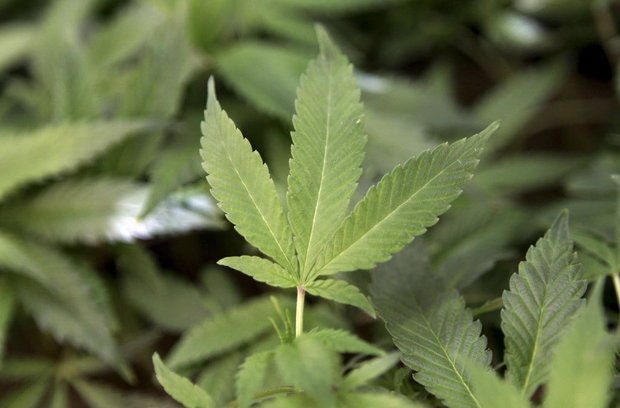
I commend The Oregonian/OregonLive and reporter Noelle Crombie for the series “A Tainted High,” which found that multiple samples of medical marijuana purchased in Oregon, intended for patients who are often immunocompromised, tested positive for harmful pesticides.
The Oregonian not only revealed the extent of the contamination of medical marijuana products, but also exposed a weak regulatory system, hamstrung by inadequate rules, a lack of authority and ineffective enforcement. To their credit, some producers responded immediately and responsibly, pulling contaminated products off their shelves when presented with The Oregonian’s laboratory test results.
They hold themselves to high standards, even if the state doesn’t.
That can change. It must change. Oregon has an opportunity to become a national model for responsibly ending the prohibition of cannabis by developing a recreational and medical system that protects patients and consumers, eliminates the black market and grows state revenues. But the state’s window of opportunity is closing quickly.
Over the next few weeks, Oregon’s elected leaders will be asked to sign off on legislation intended to guide the legal and safe cultivation and sales of cannabis in Oregon. It’s critically important that these leaders do everything they can to get it right, and for the public to hold them accountable.
I know from experience that a safe and secure recreational and medical cannabis system in Oregon must require seed-to-sale tracking, security and surveillance systems, and access to enough capital to allow producers, processors and retailers to innovate and expand. I know this because I spent 10 years serving as a criminal investigator and supervisor with the U.S. Drug Enforcement Administration, including two years running the DEA’s interagency drug task force in Portland, and today I serve as a managing director at Privateer Holdings, a Seattle-based private equity firm focused on the legal cannabis industry and the only American company to own and operate a federally licensed producer of medical marijuana (in Canada).
We have all watched how the states of Washington and Colorado have struggled to get it right, and the large number of businesses that have failed.
As we’ve seen in Washington, if taxes are set too high it will virtually guarantee that the black market can undercut prices offered by legal operators. Market restrictions, such as residency requirements, will make it difficult for legitimate entrepreneurs and will simply encourage less-scrupulous operators to participate.
The conclusion of the Oregonian’s investigation is clear: A regulatory system can only work if government establishes and enforces clear and effective rules. That means establishing and enforcing licensing, inspection, tracking, childproof packaging and advertising requirements.
Without clear standards that hold growers, processors and retailers accountable, the product will be susceptible to contamination and diversion to both the black market and to minors.
Voters’ overwhelming endorsement of Measure 91 last November marked a critical moment for Oregon. The next few weeks, and decisions made in Salem, are just as critical. Oregon can get this right. Oregon can have a competitive, well-regulated market. Oregon can be a national model for other states that follow, but the state’s leaders need to act quickly.
By Patrick Moen
Source: oregonlive.com

































